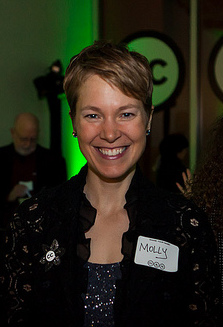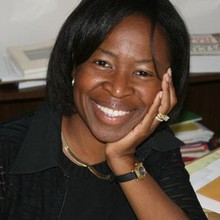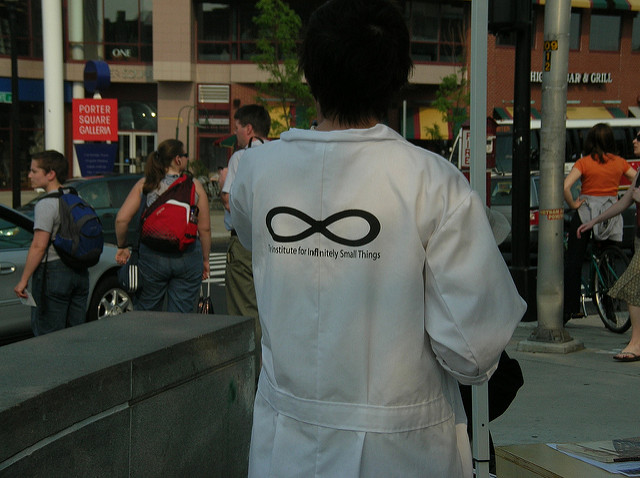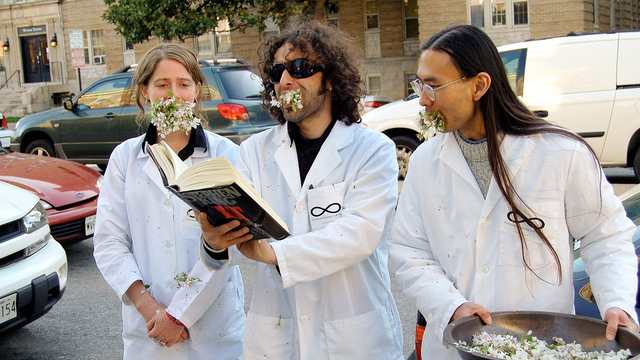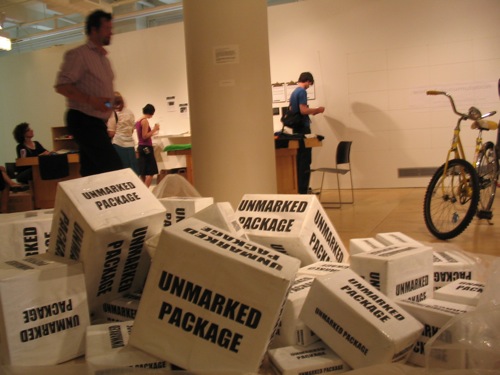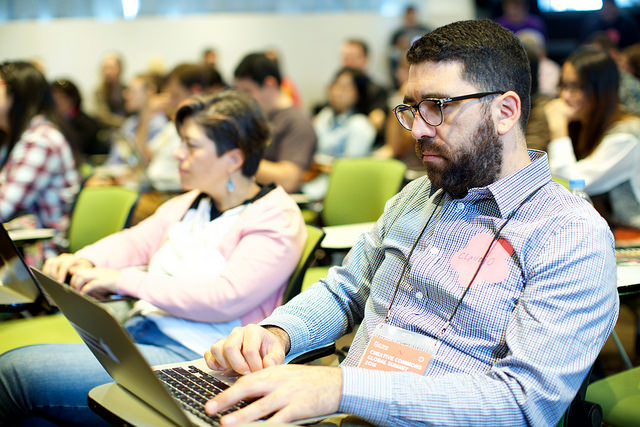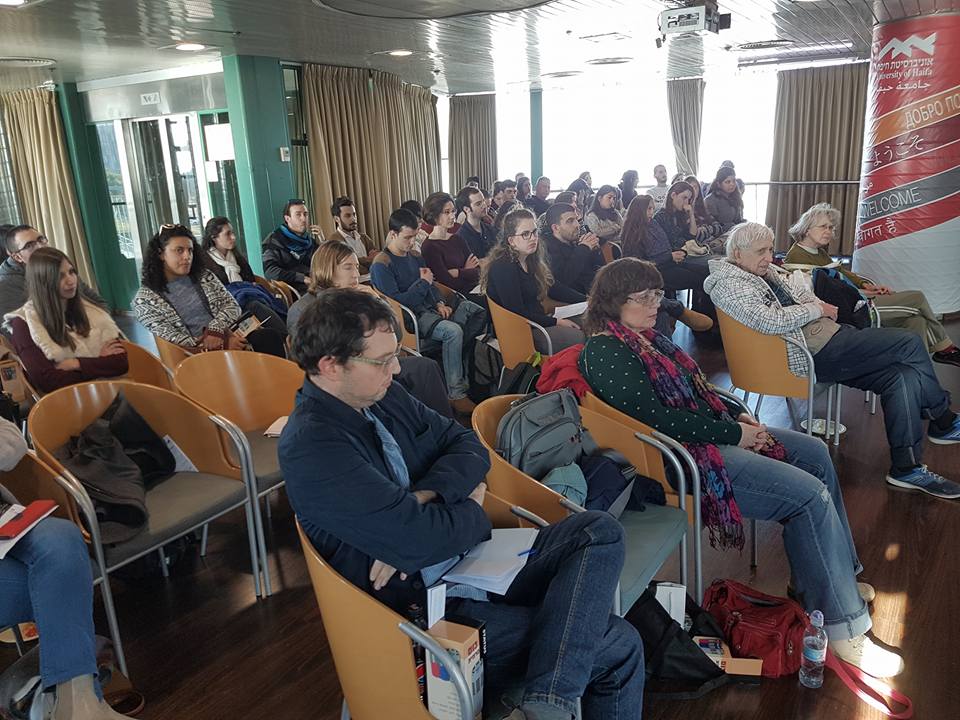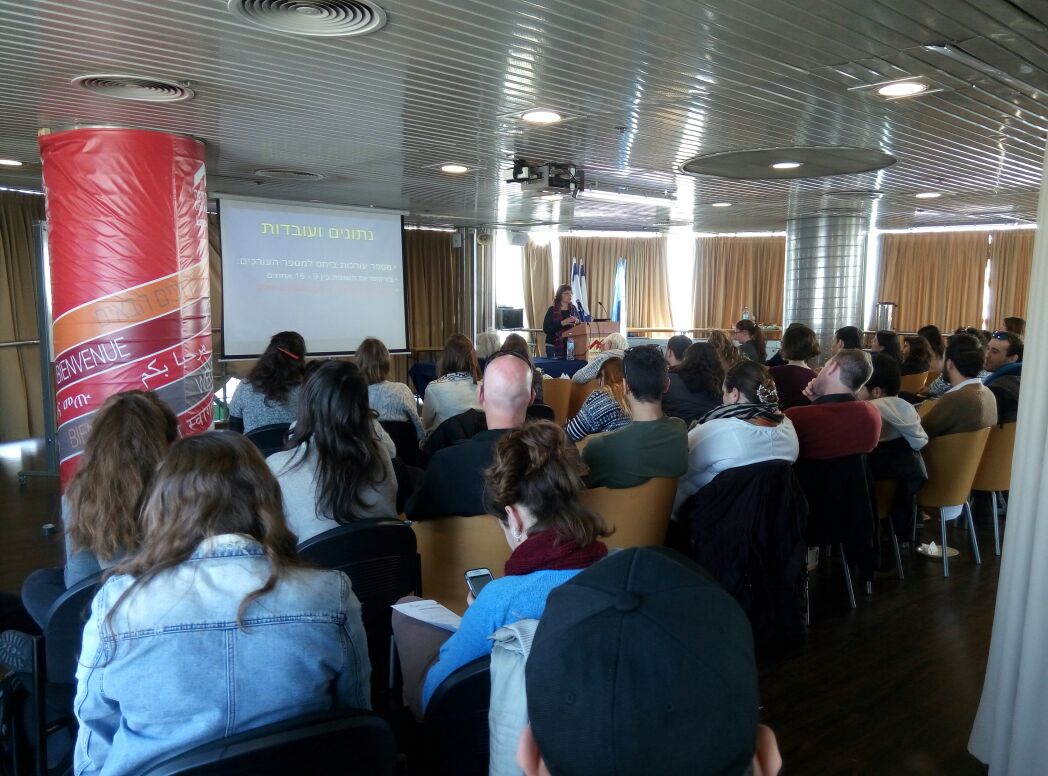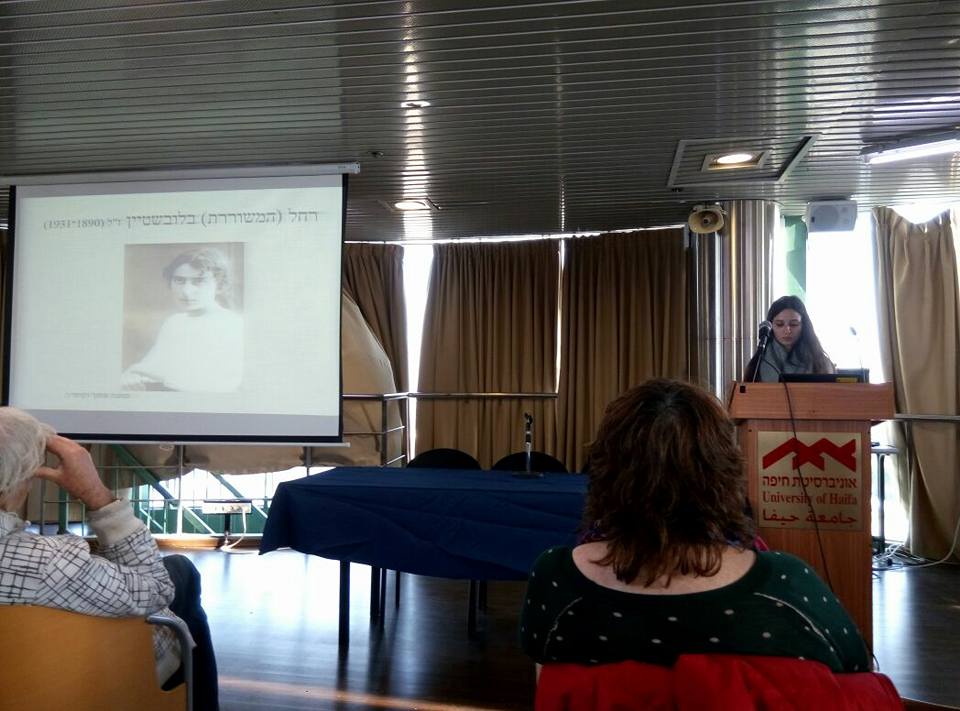There is no “front door” to the commons, and with over 1.1 billion works on platforms all over the world on over 9 million websites, the tools people need to curate, share, and remix works aren’t yet available. We launched the CC Search beta on February 7, 2017, indexing about 1 percent of the commons, and a focus on images as a first media type. We have had a great initial response and positive media coverage. But we have so much more to do to reach the scale of our ambition.
This project will unite billions of records for works and metadata, multiple platforms, diverse media types, and a variety of user communities and partners. It’s a difficult but rewarding problem for an inspired and creative leader. We want to build this product with a small dev team as part of an open community, and create something useful, delightful, and essential to the work of creators, educators, scientists, cultural institutions, and our partners.
Primary Responsibilities
The Director of Product Engineering reports to the CEO and will lead the development and implementation of CC’s products and services. You’ll be responsible for the CC Search roadmap and the review and enhancement of existing tools to ensure their successful adoption on the web. This is a rare opportunity to lead within an organization that is fundamental to sharing online, operating at a global scale. The successful candidate will lead a technical team to meet the needs of this vital organization, and to build a more vibrant, usable global commons, powered by collaboration and gratitude.
We believe that diverse teams build better organizations and better services. Applications from qualified candidates from all backgrounds, including those from under-represented communities, are very welcome.
The Director of Product Engineering leads the technology team to:
- Develop, lead and implement an ambitious product strategy, including a product and service roadmap for CC Search and other relevant services. Lead a small team aligned with our goal of a more vibrant, usable commons powered by collaboration and gratitude
- Attract and oversee a small team of software developers and UX designers to build innovative, robust software both for CC use and for public release
- Work in the open, in public repositories, open chat rooms, public wikis and a global community
- Work with the CEO and Director of Development to seek funding for CC’s various technical projects
- Represent the organization and provide technical leadership within various open communities and with CC partners. Coordinate with other outside communities, companies, and institutions to further Creative Commons’ mission, for example: W3C, non-profit communities like EFF, Open Knowledge, and Wikipedians, and the open data, open access, library, and open education communities
Qualifications and requirements
- Proven team and product leadership, and an entrepreneurial spirit: a collaborative, motivated self-starter
- Demonstrated experience building and deploying large scale web services; experience on mobile is a plus
- Ability to identify and scope user requirements and develop specifications
- Excellent management, written, and oral communication skills
- Familiarity with content licensing including Free/Open licenses a plus
- Familiarity with consumer privacy
- Fluent in one of Spanish, Arabic, or French (in addition to English) a plus
- Desire to work in a diverse, global, highly collaborative team environment
Work Environment and Location
Creative Commons is a distributed organization. This position is available to applicants in Canada and the US, in a remote working environment, provided they have reasonable mobility for necessary travel, and high-speed broadband access. Laptop/desktop computer and necessary resources are supplied. May require some travel.
How to Apply
Please email your cover letter and resume as a single PDF to “jobs@creativecommons.org” with the subject heading of “Director of Product Engineering / [Last Name].” No phone calls, please.
About CC
Creative Commons is a nonprofit organization that enables the sharing and use of creativity and knowledge through free legal tools. We are a leader in the global movement for free culture and open knowledge with an affiliate community in 85 countries. Our free, easy-to-use copyright licenses provide a simple, standardized way to give the public permission to share and use your creative work — from “all rights reserved” to “some rights reserved.” The first phase of CC’s work was about establishing the licenses as standard, and growing the archive. The next phase will establish a more vibrant, usable commons powered by collaboration and gratitude. Today, the global commons stands at over 1.1 billion licensed works, made up of photos, video, audio, datasets, open textbooks, research, 3D models, and more.

